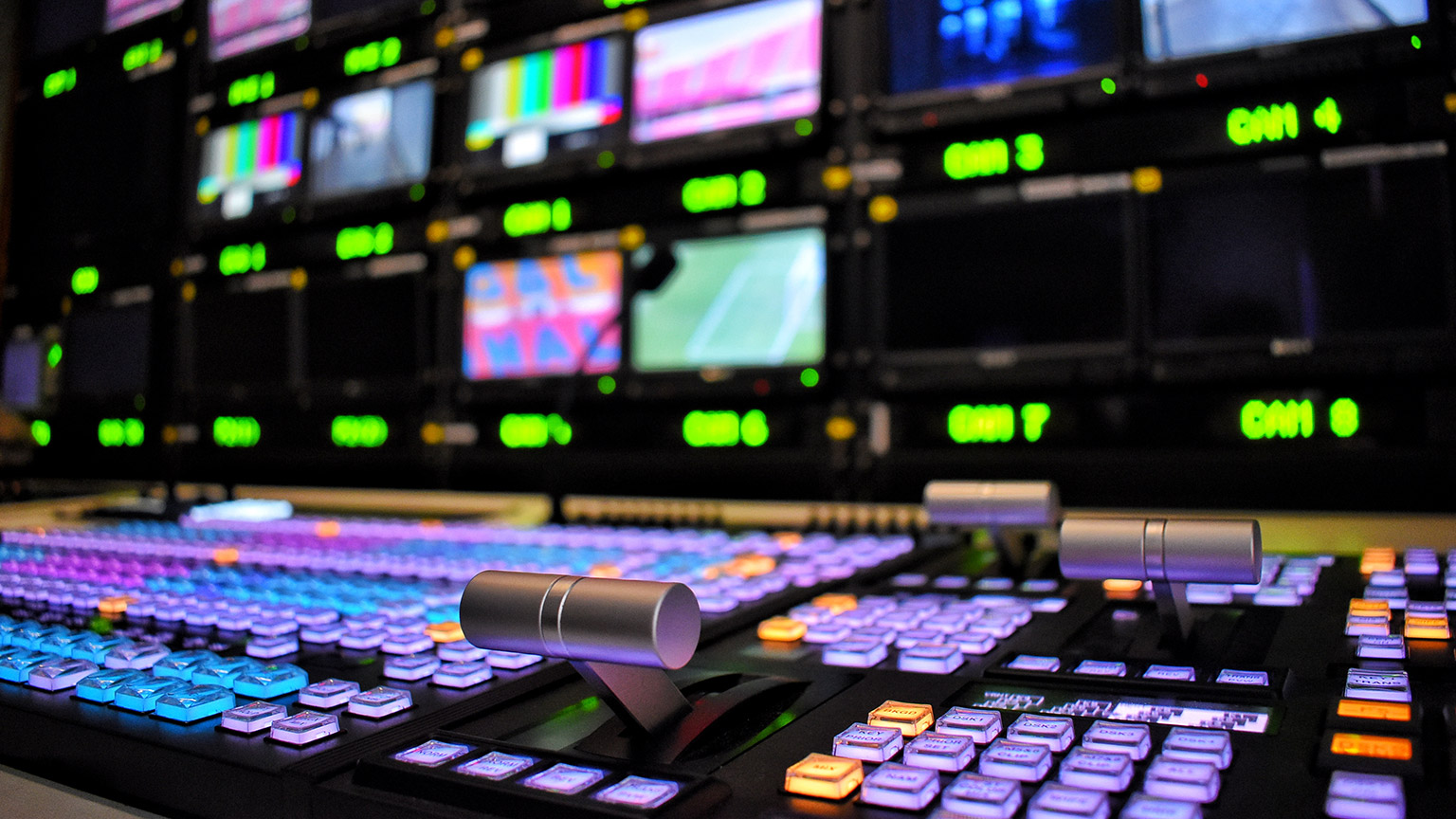If you are doing your best, you will not have any time to worry about failureH. Jackson Brown Jr.
Let us imagine for a second that you are part of a big family. One day your family decides that they want to have a big bbq on Sunday afternoon. They know that your skills on the grill are legendary, so they ask you to be the cook for the event. Of course you will agree but in order to successfully prepare their meal, you will need them to do some errands and find you what your ingredients and tools. So, you give them a list: bbq grill, spatulas, oil, condiments, coal, cuts of meat and different vegetables. Assuming they bring everything you ask for you are ready to cook!
This is basically the difference between event producer (family) and event director (you, the cook). While the event producer job is to make sure that we have all the key components for a good event, the director job is to run the event itself. If the director needs anything during the event, he will turn to the event producer.

Producer
When it comes to event production the producer role is responsible for so much, essentially planning and coordinating everything involved in the event. From budgets and venue selection through to marketing and hiring personal, the producer does it all. Here are some of the tasks a producer may have to do:
- Decide on the budget
- Define the event objectives
- Decide on the prize
- Create a guest list
- Find a venue or online platform
- Select your ticketing or registration platform
- Manage the event website or social media
- Invite event guests
- Approach sponsors
- Organise marketing and advertising (social media)
- Identify and hire other staff (if you need any)
- Event health and safety
Establish an event budget
Producers are responsible for ensuring the event keeps to the given budget. As a producer you must consider all the expenses and the budget carefully so you don’t overcommit, you will also want to match the size of the budget to the size of the event.
Begin by asking: how much can you afford to spend on the event?
What is your objective? - Consider your goals, e.g., is it to promote your esports community or to monetise the event and make a profit?
Factors influencing budgeting
The following are some examples of factors that may influence budgeting in eSports.
- Marketing
- Venue Costs
- Streaming Services
- Concessions
- Technological and equipment costs
- Registration software or service
- Prizes
- Staff costs like electricians, videographers, game monitor/judges etc.
- Catering
Obtaining revenue
We have looked at what factors influence the budget. Now let us look at what revenue can be used to cover some of the costs of the event.
- Registration for Players
- Sponsors
- Entrance fees for Auidence
- Selling Mechindise
- Food Vendors
- Partnership with a company/ provider

Choosing your venue and date for your event are two major considerations that will shape the rest of your project plan. Start researching venues as early as possible. The event marketplace is crowded, so finding a time when there will be venue availability is important. When deciding on a venue, you might want to consider the following:
- Size – Is it big enough for your estimated registration and audience?
- Cost – How much is it and what does it cover? Are there any extra charges?
- Concessions – Does the venue have specific regulations regarding food and drink?
- Internet connection – Is the internet connection strong and reliable?
- Location – Is it easy to get to, and is parking affordable? In an urban area, is it close to public transit?
- Bandwidth – Is there enough bandwidth for streaming?
- Venue atmosphere – Is it inviting, are restrooms available, is the seating adequate, and is it safe?
- Equipment – Are there enough electrical outlets and room to set up equipment?
Where tournaments can be held
The following are examples of where tournaments can be held.
- Community/ Recreation centres
- Schools or colleges
- Private venues
- NZMA Campuses
Portfolio checkpoint: 4E: Producing an event
Using the example footage of your event Director's Portfolio
Write your answers in the portfolio.
- Determine what resources were needed to create that event (From Ticket seats to camaras and internet)
- Identify the key Human Resources needed to produce the event (Which jobs are needed inside of the event)
- Sequence the event in an order that allow you to recreate that event again. Be as detailed as possible starting from when viewers enter the venue (or start watching the broadcast)
